Archive
2021
KubaParis
Sweet Lies. Rethinking Identities
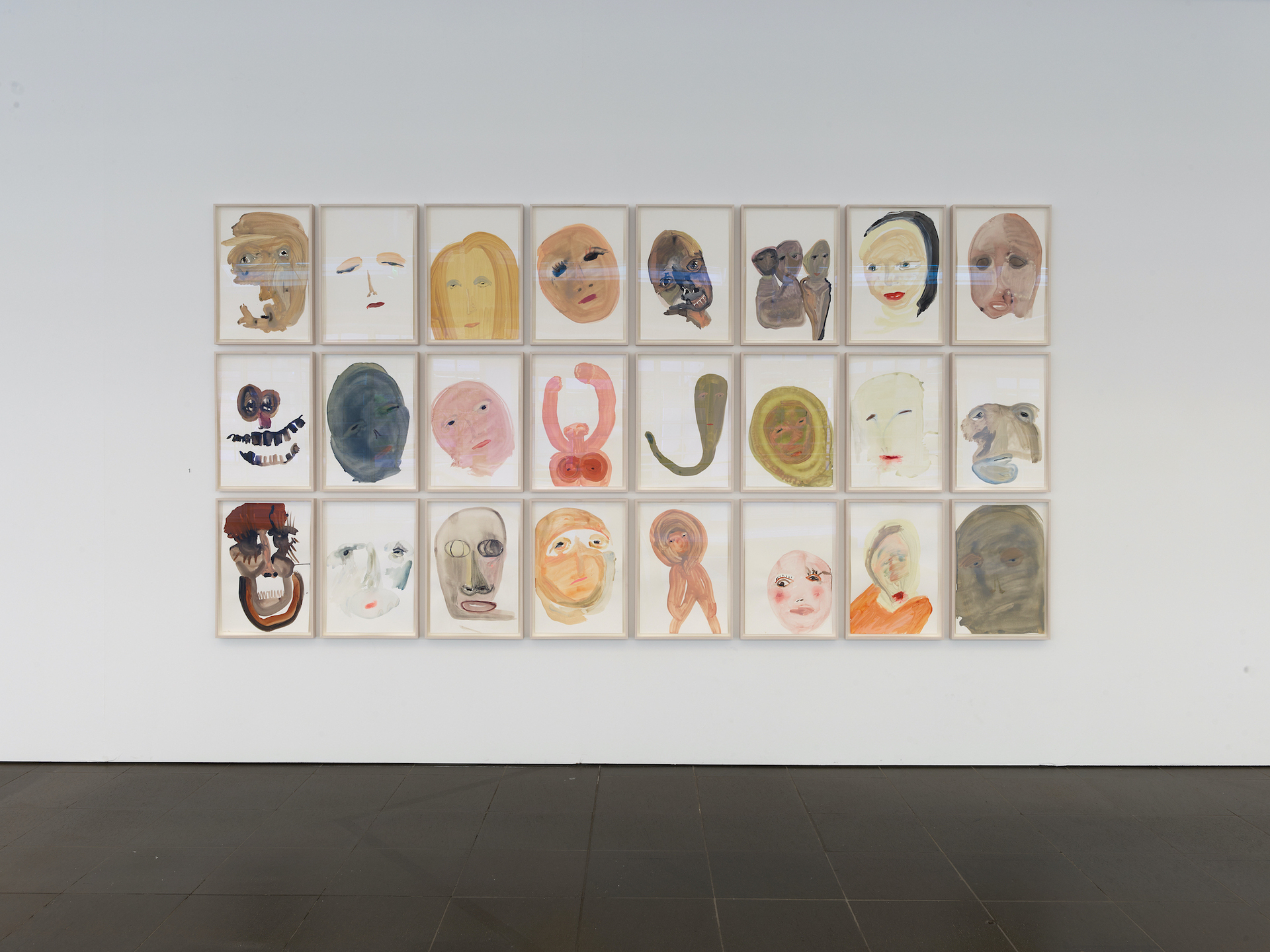
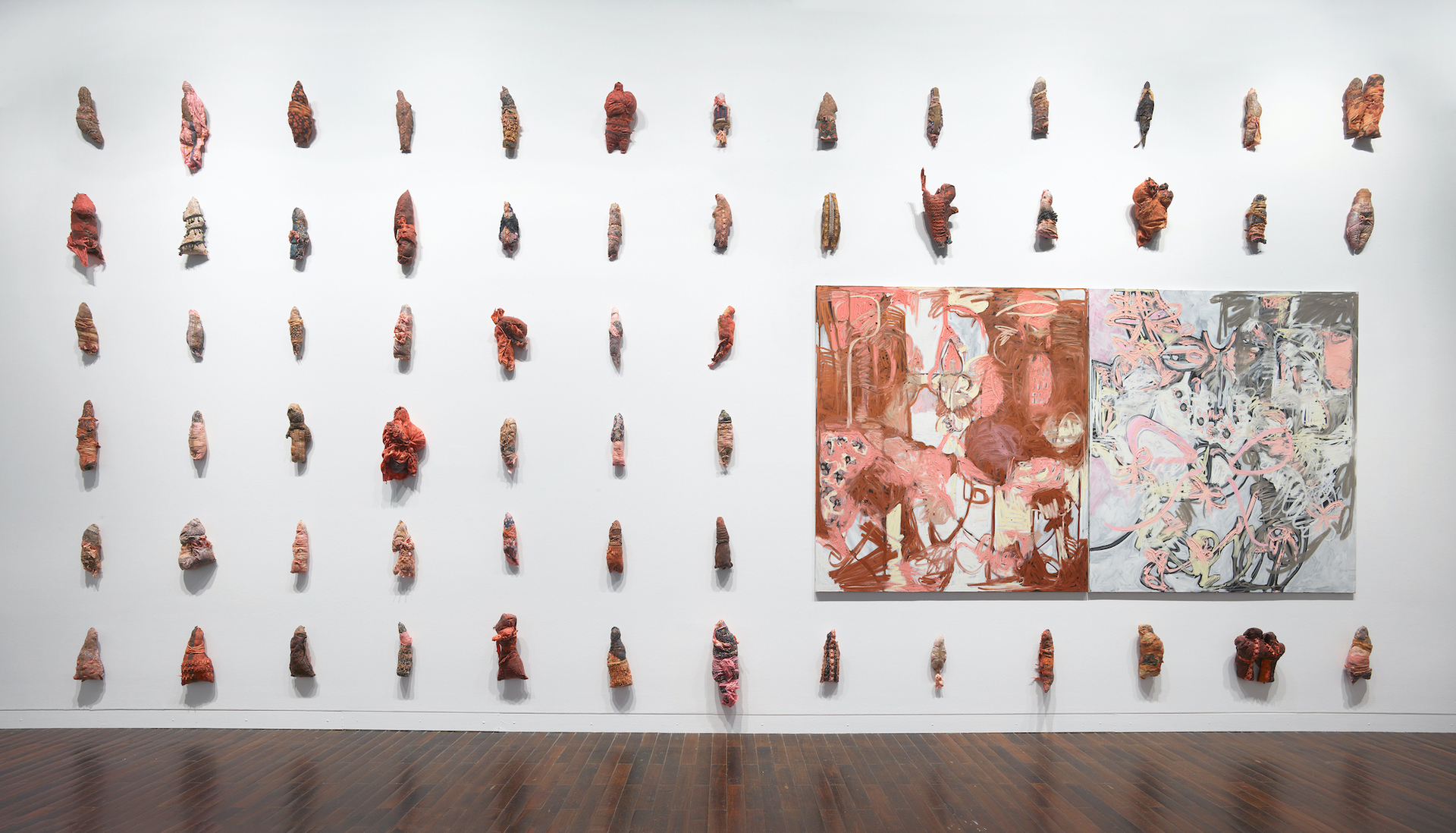
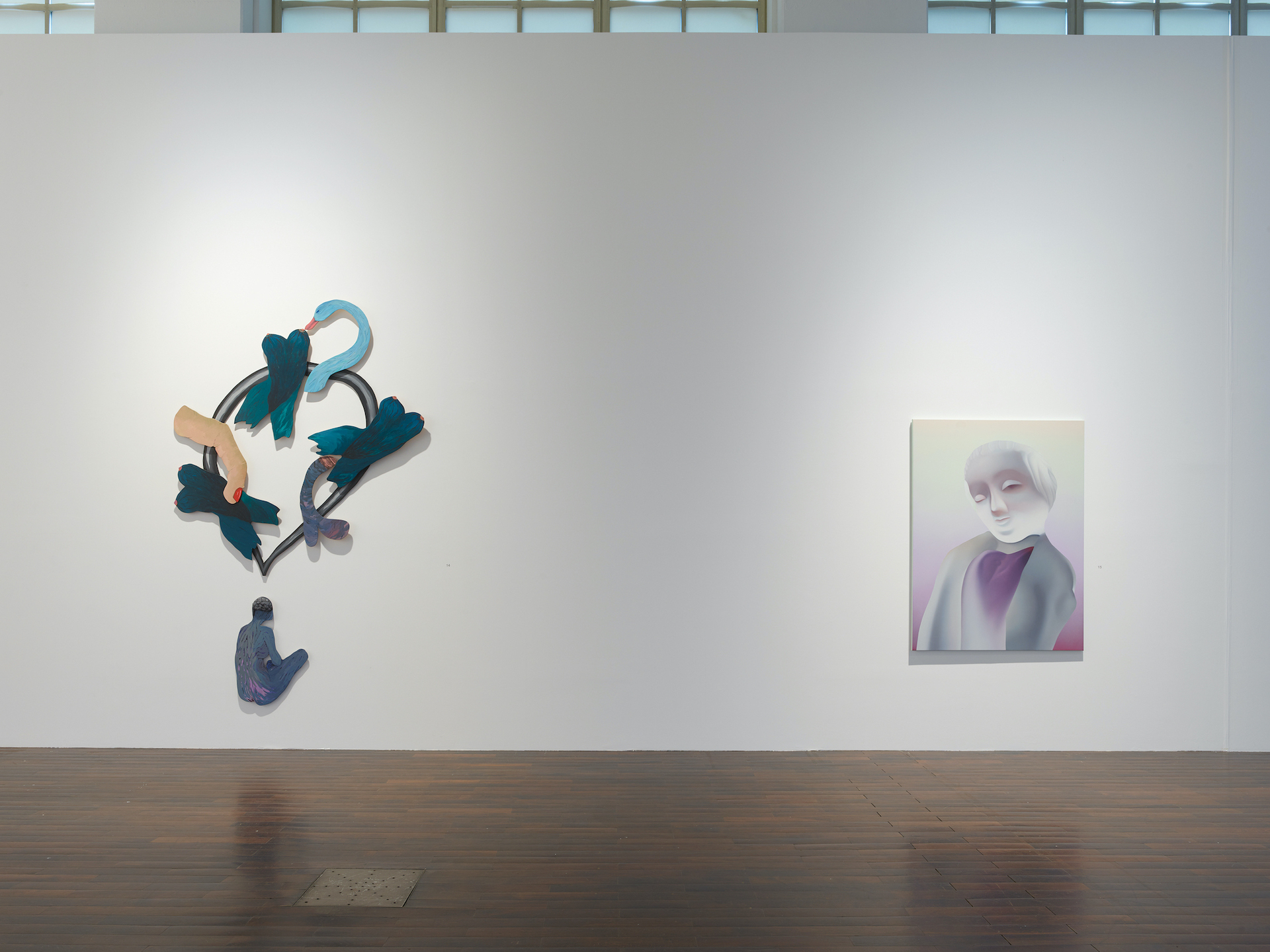
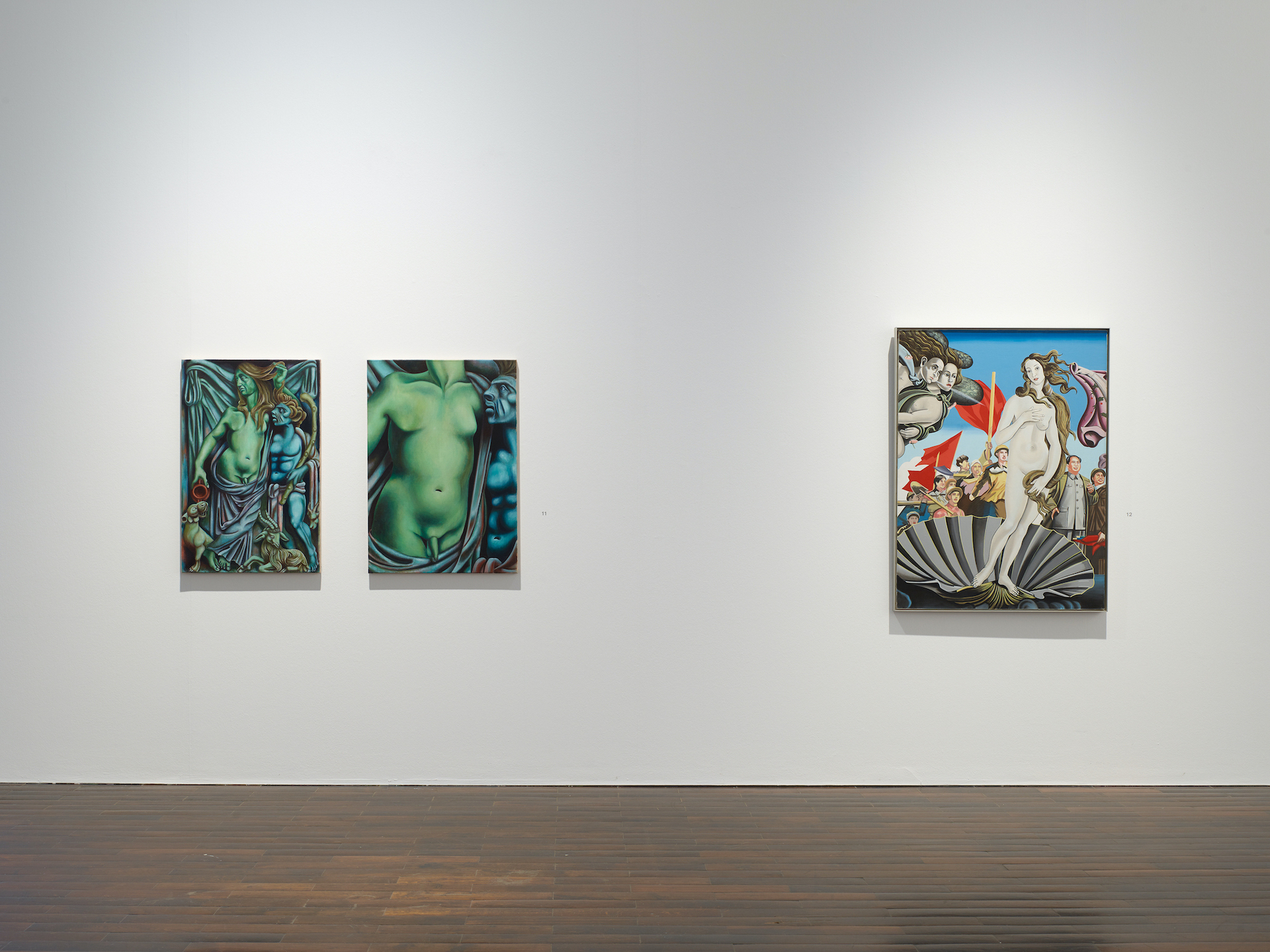
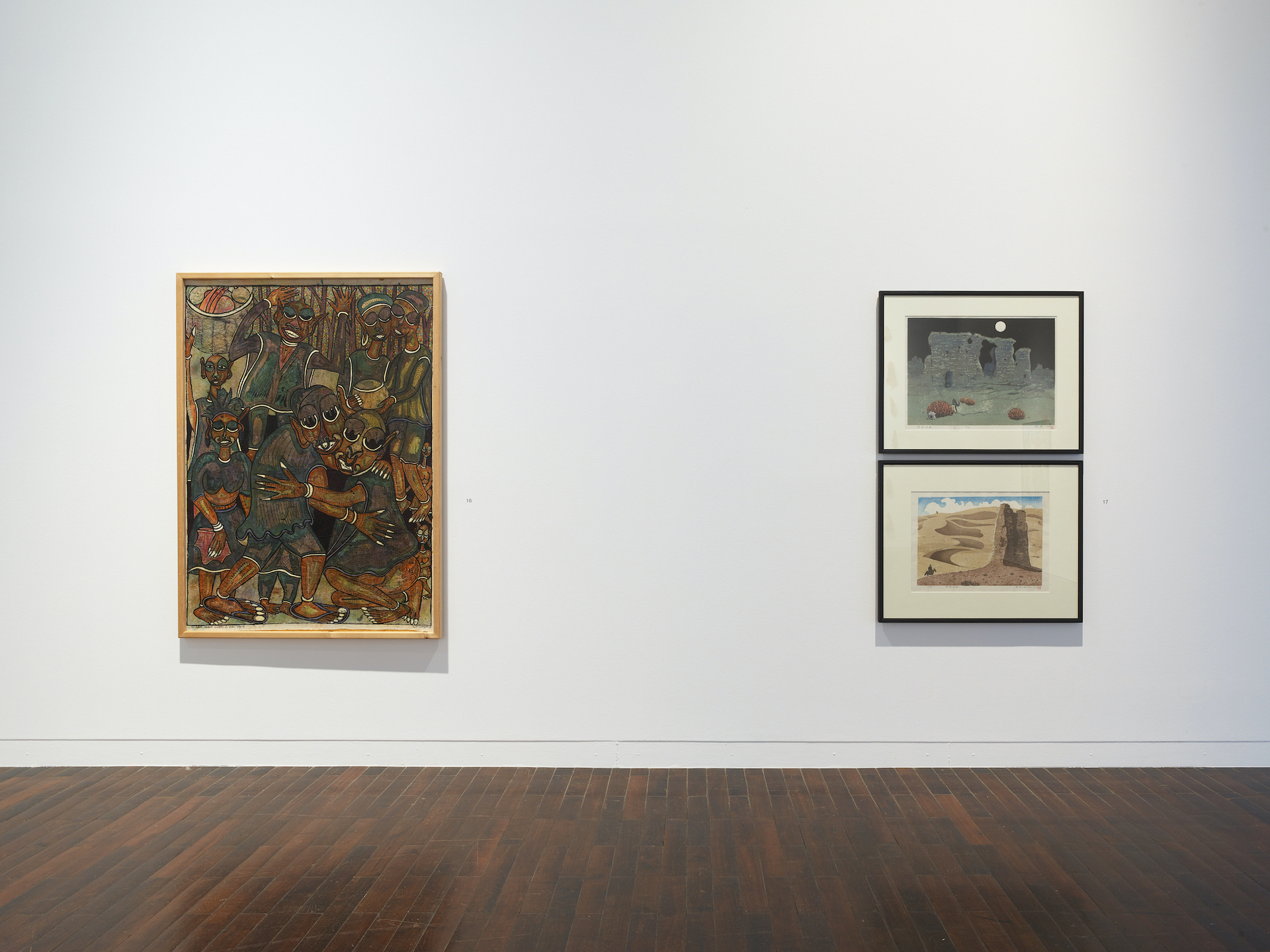
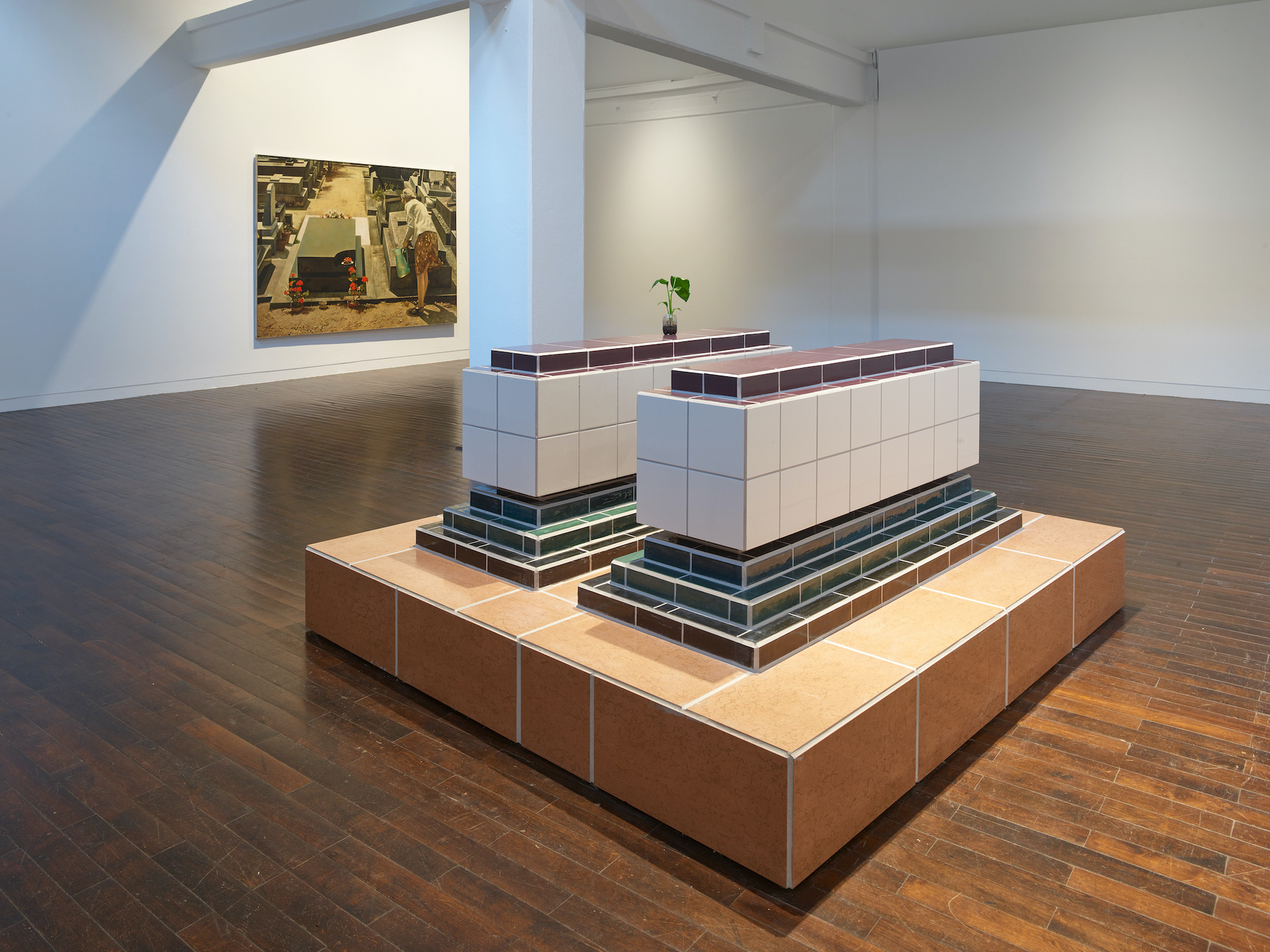
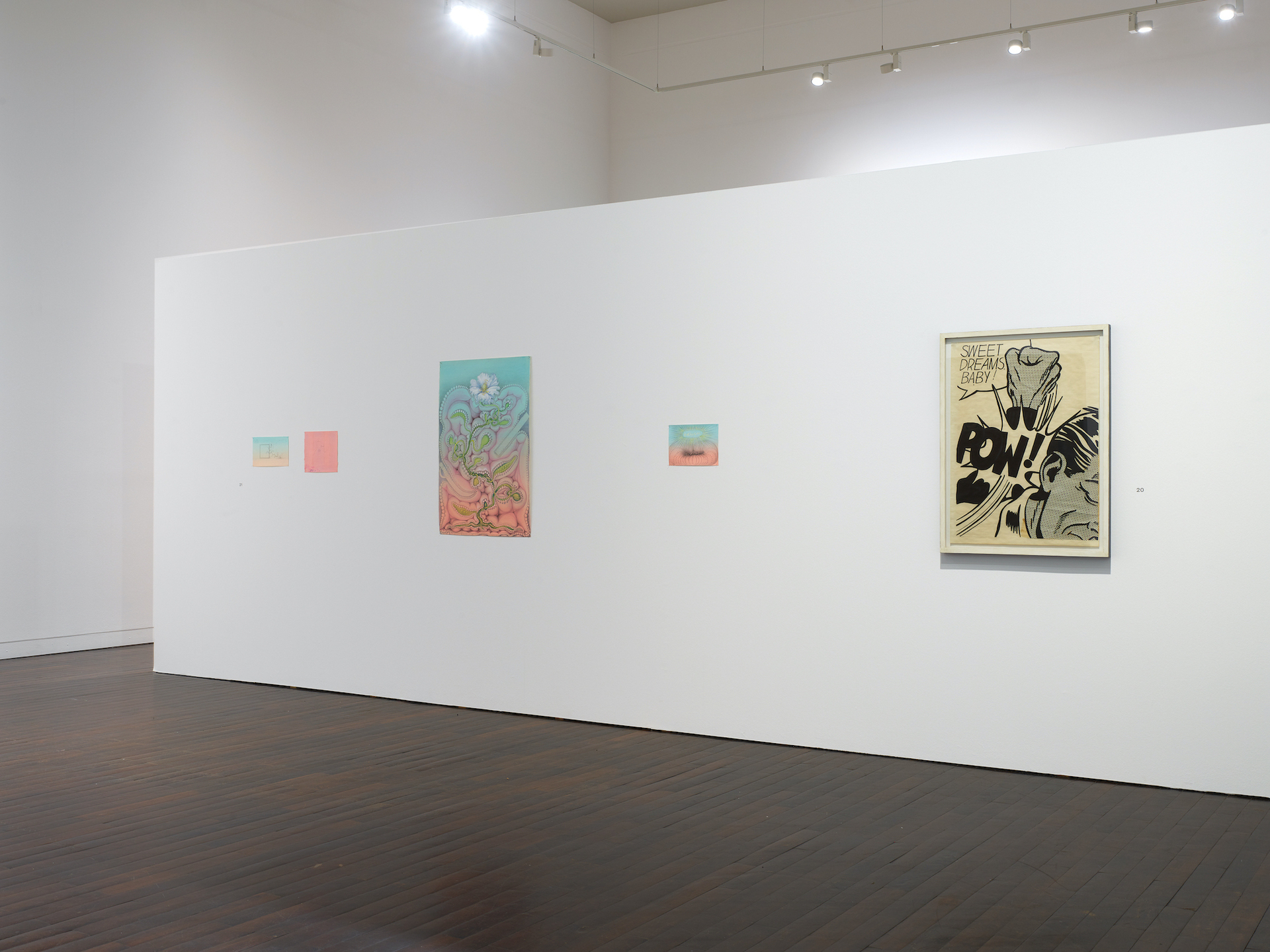
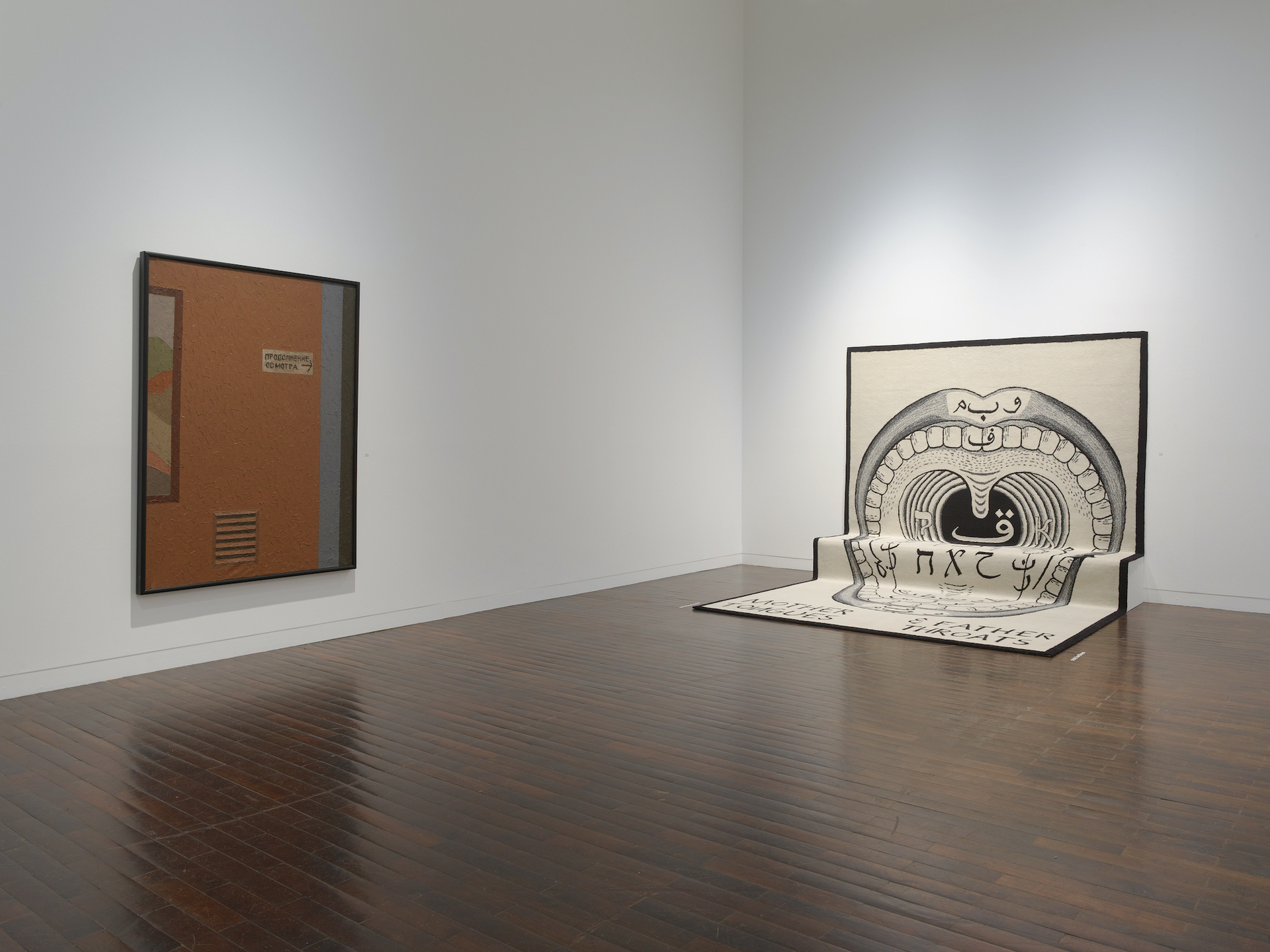
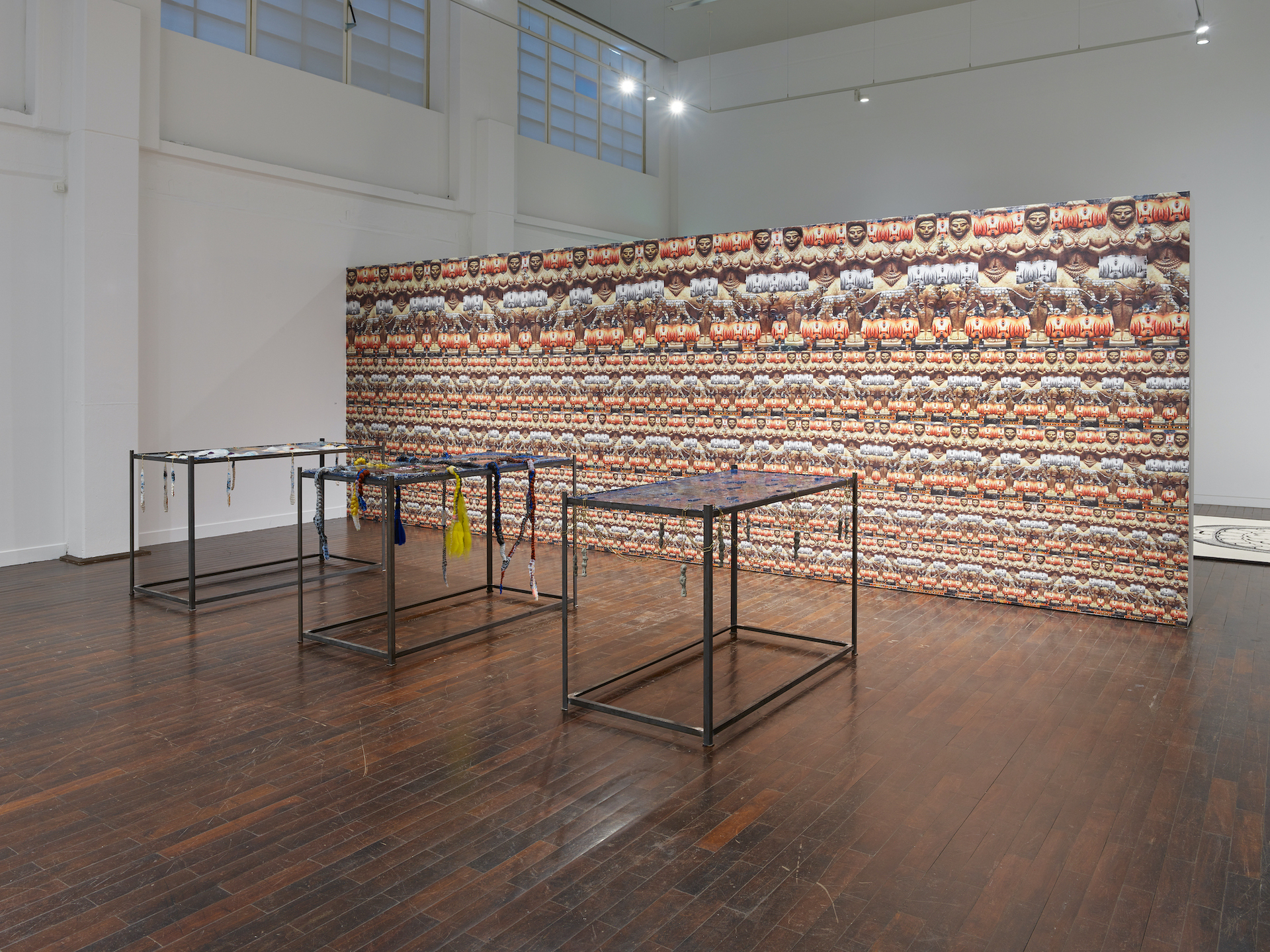
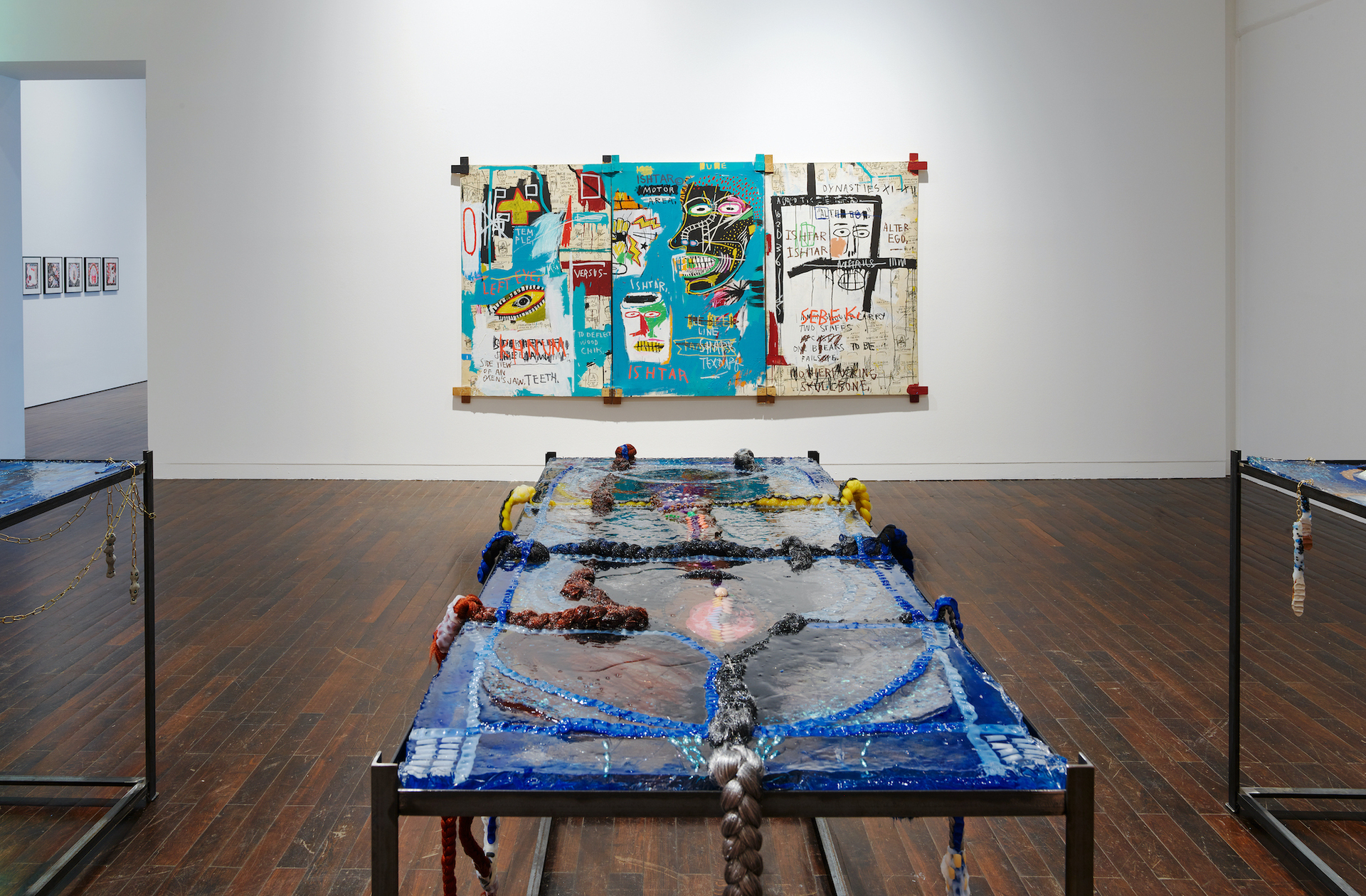
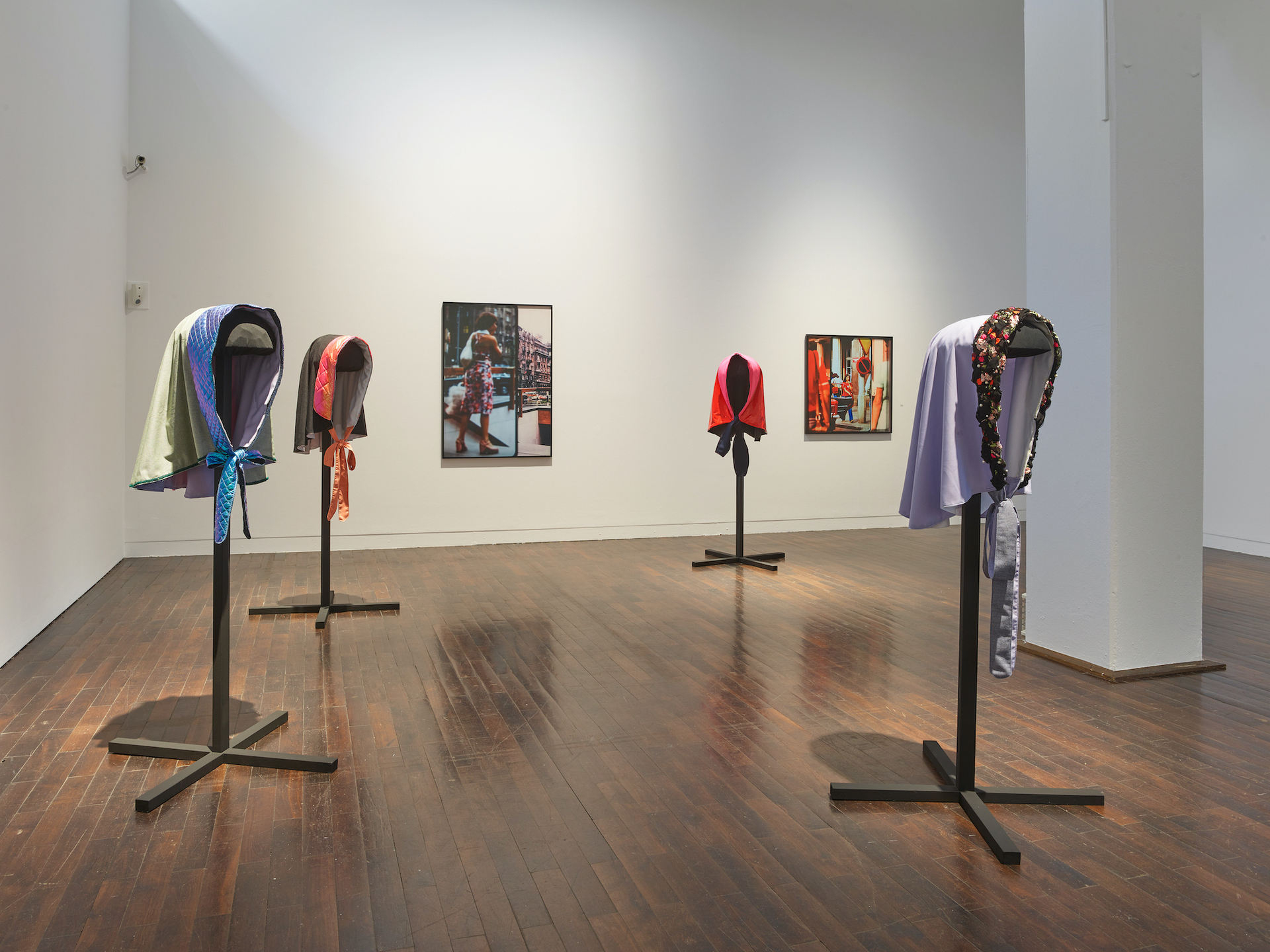
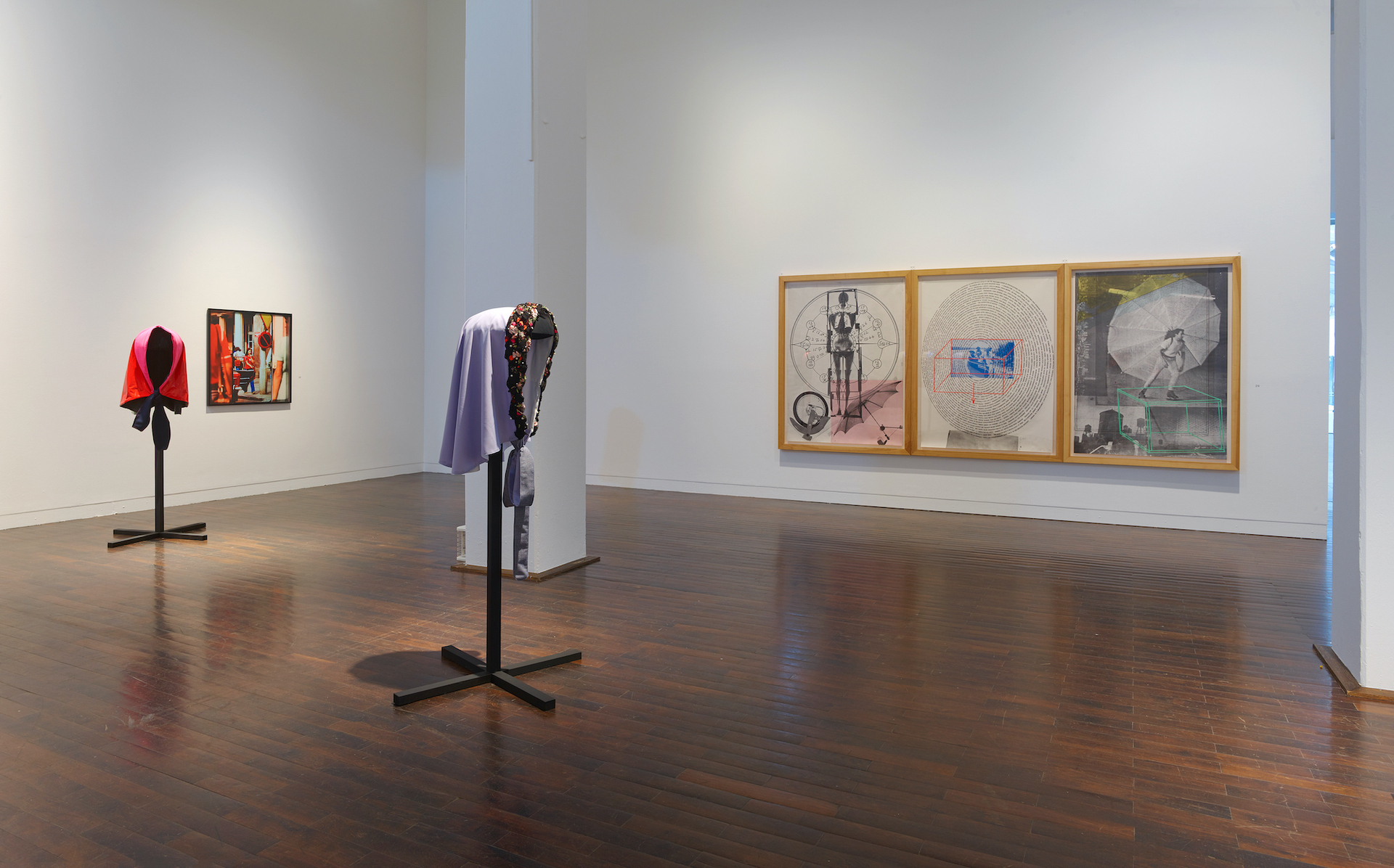
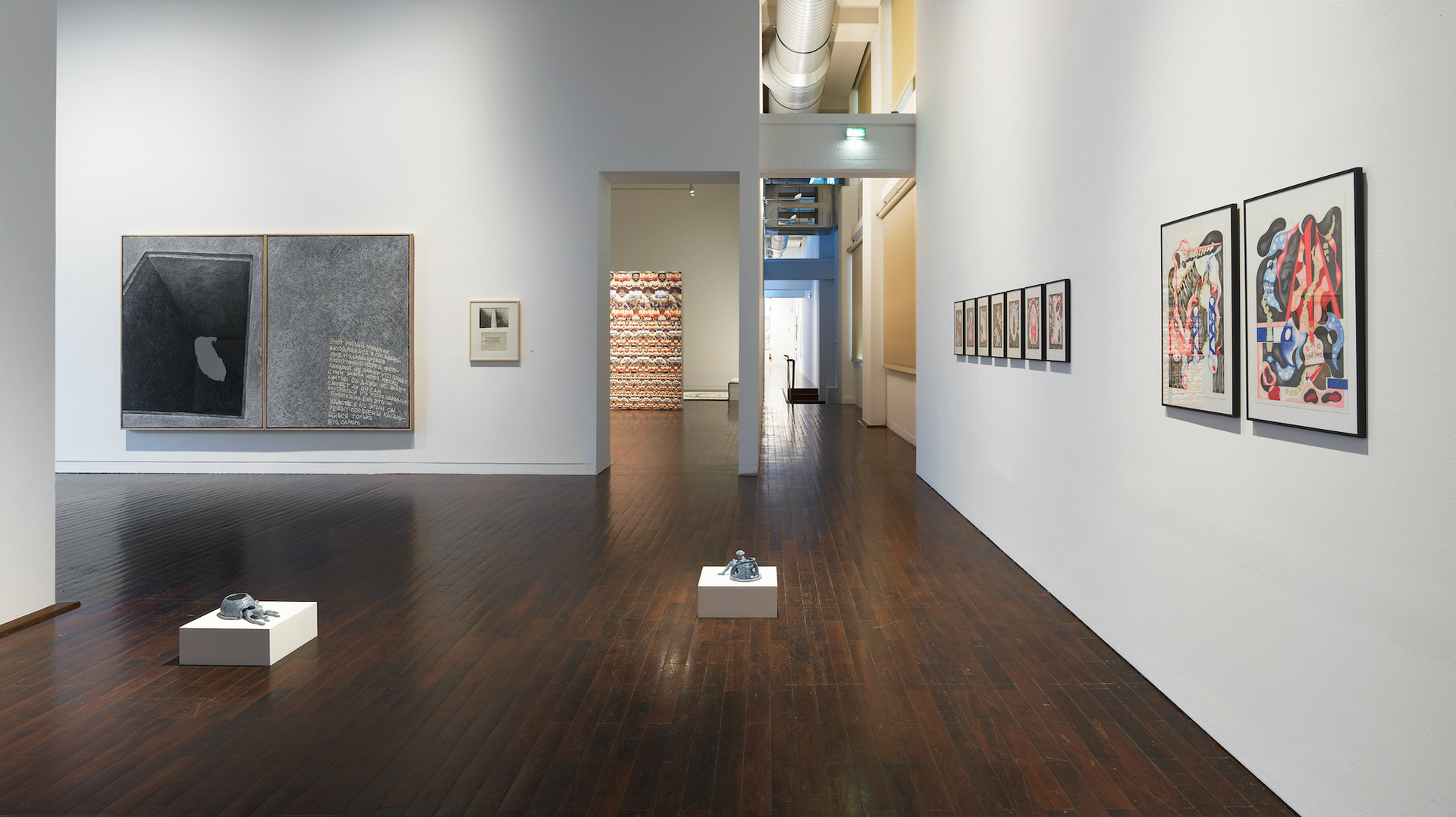
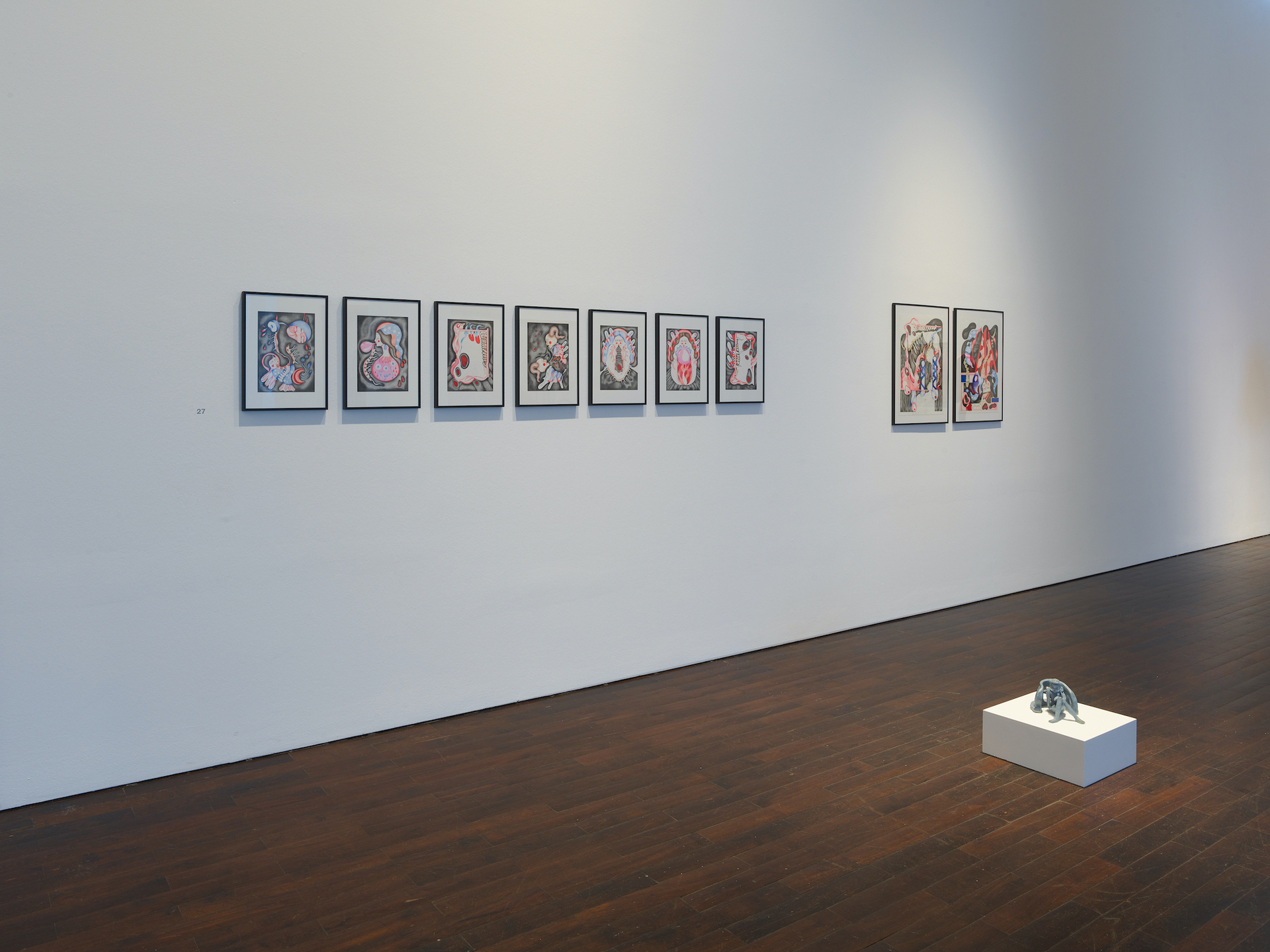
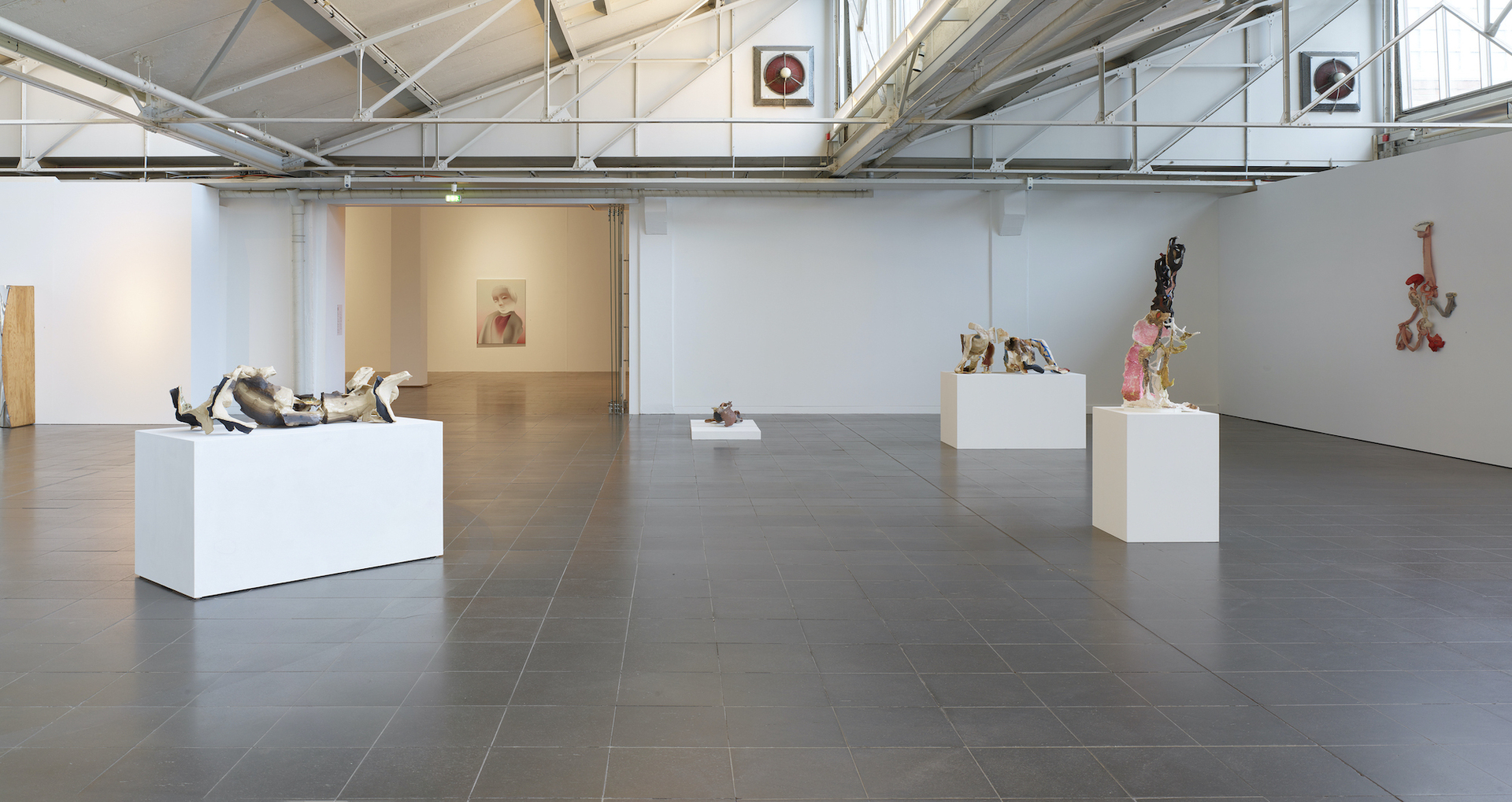
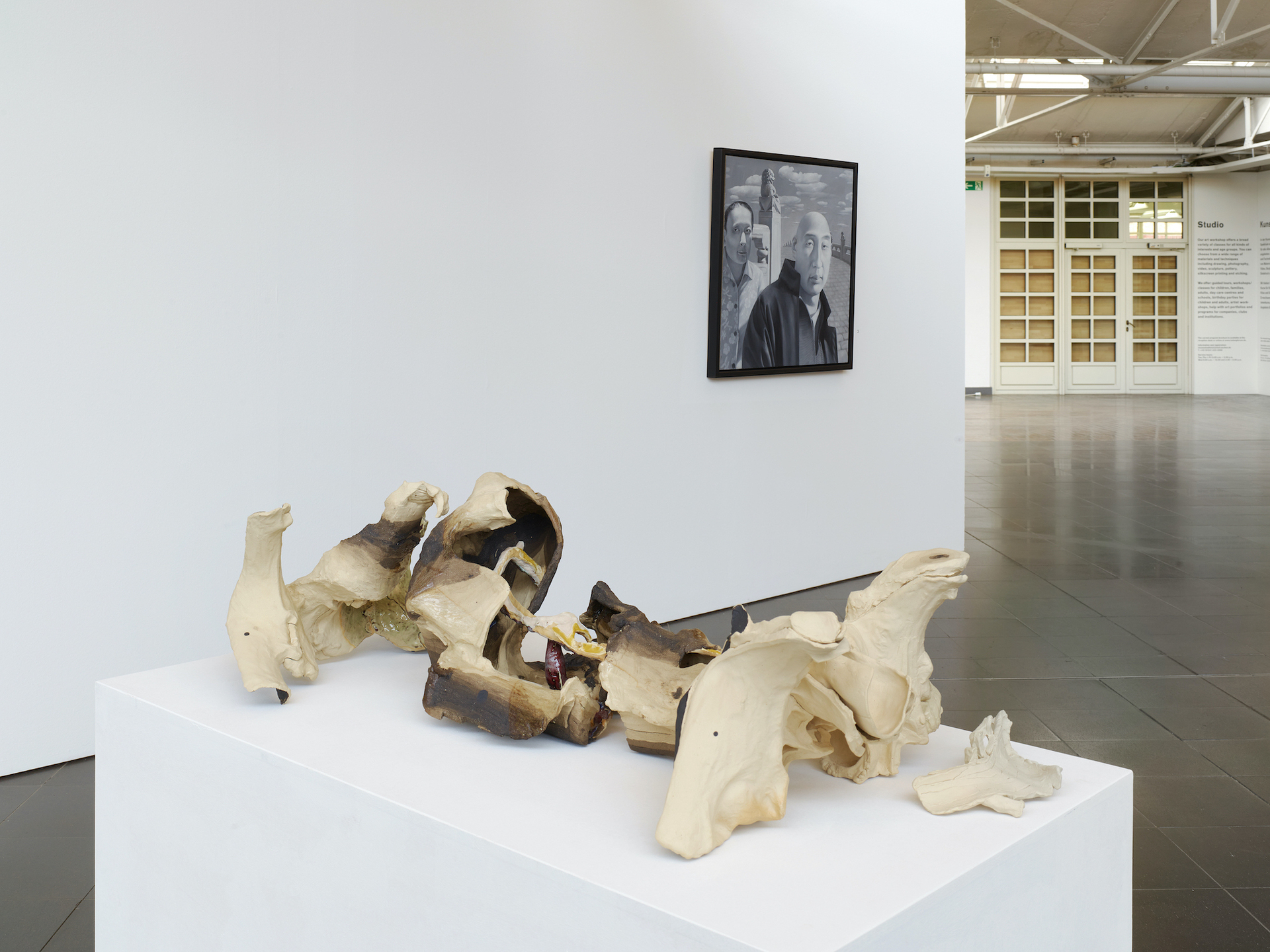
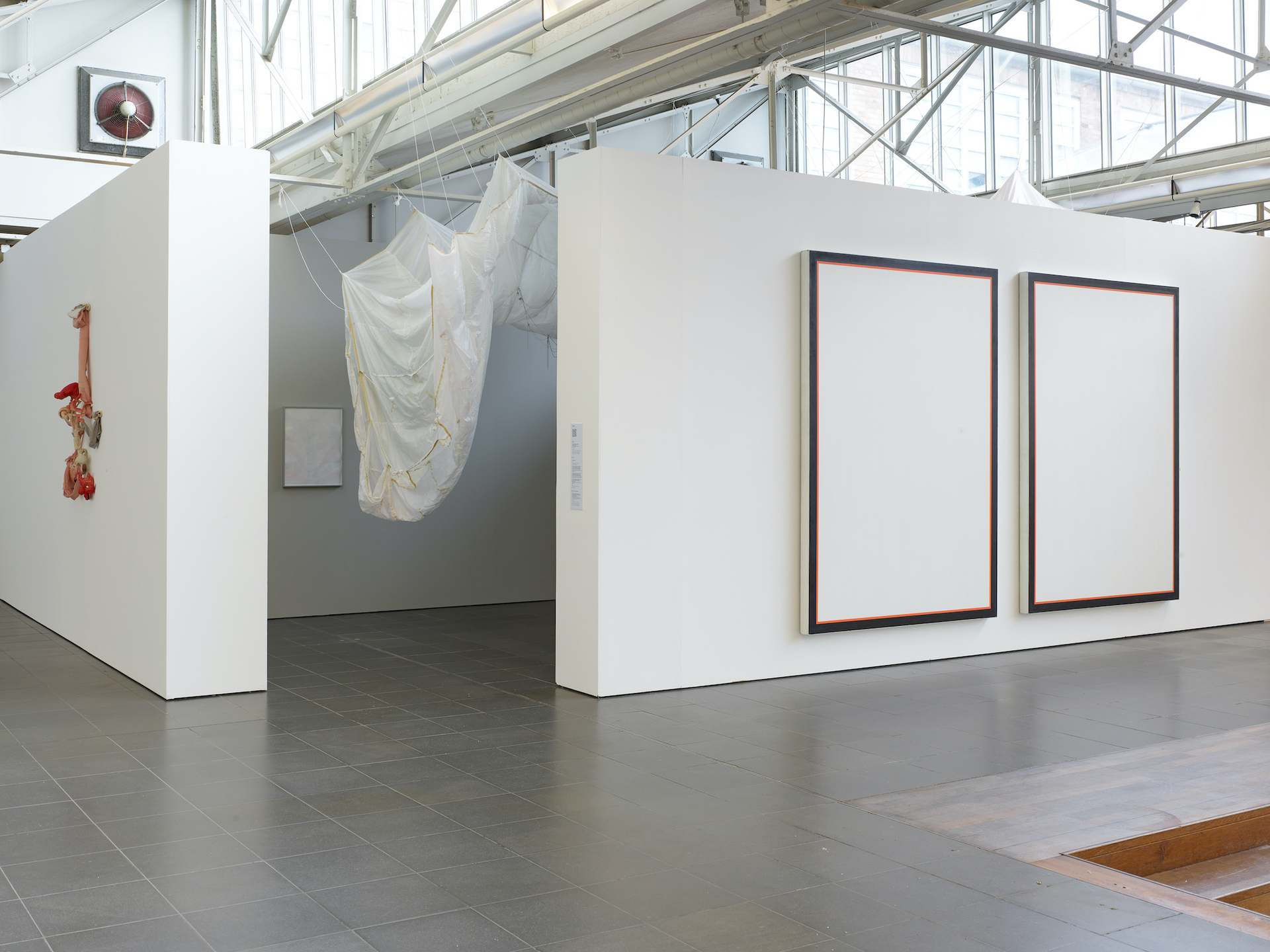
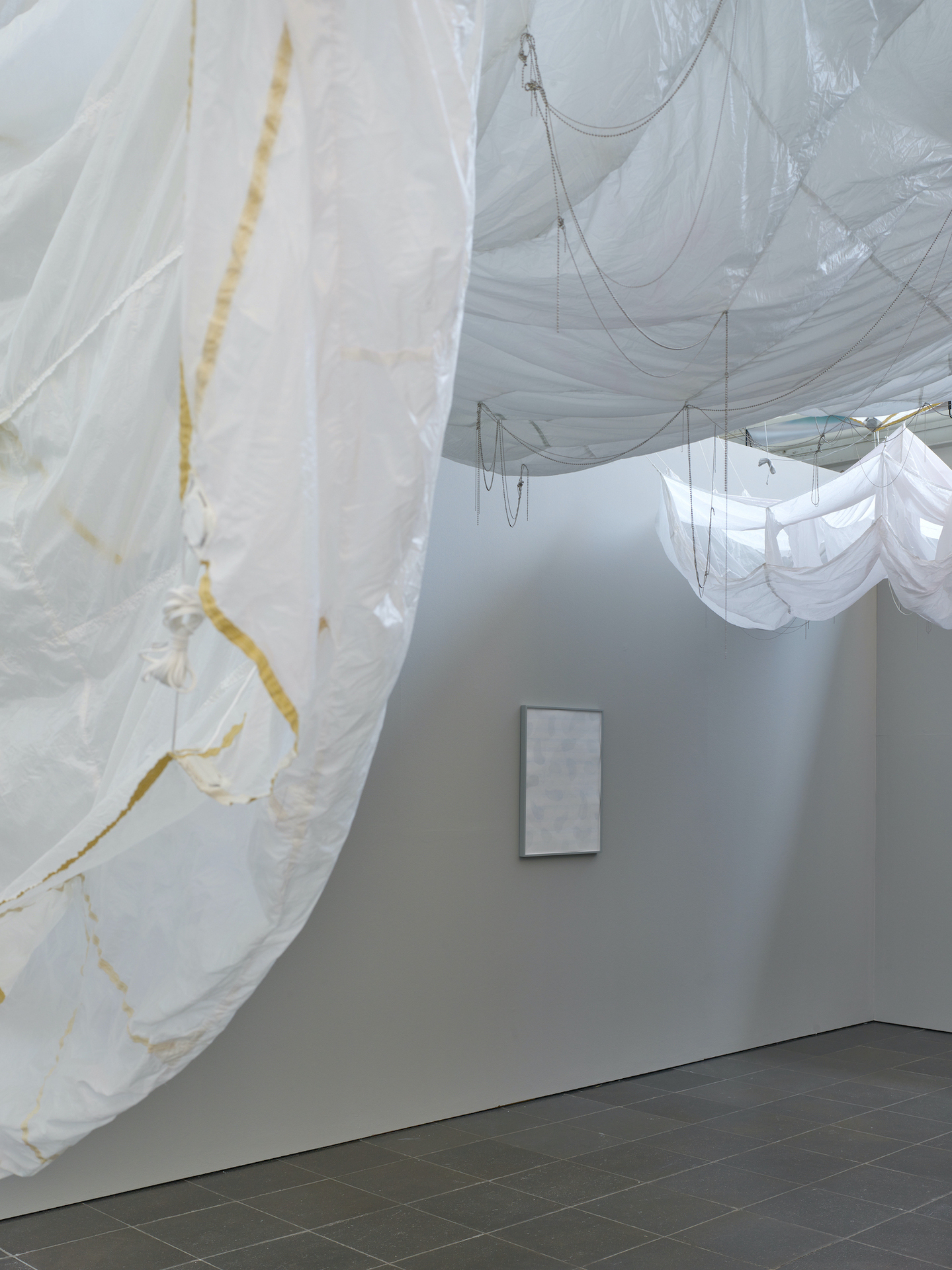
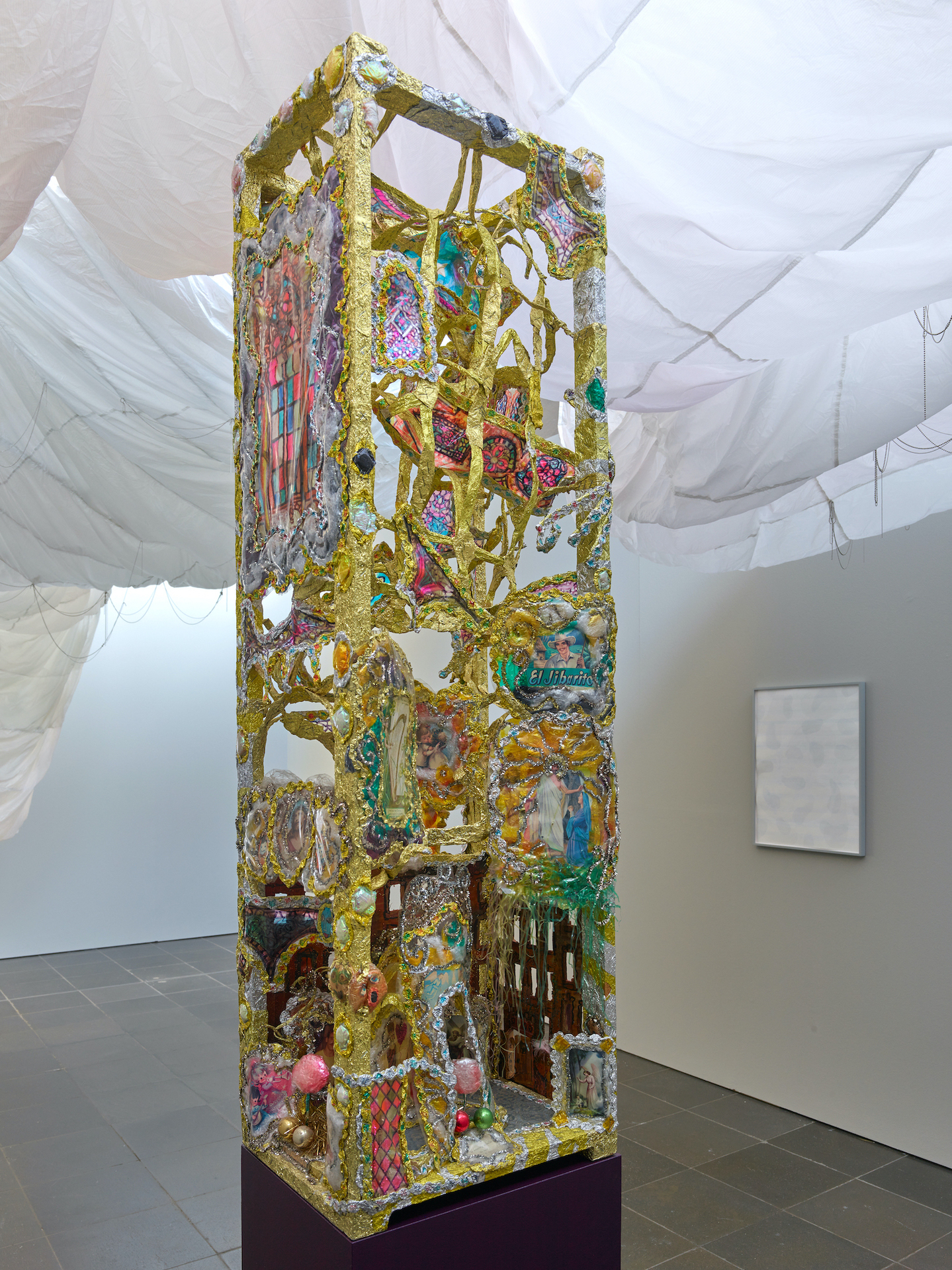
Location
Ludwig Forum AachenDate
18.06 –11.09.2021Curator
Patrick C. Haas & Angela TheisenPhotography
Simon VogelText
Who are we, as individuals and as a society? What is it that defines our identities? As individuals, we are constantly trying to establish affiliations to groups that are formed through culture, language and social class, nationality and origin, skin color, or gender, among other things. The expression of individual identities is therefore affected by a variety of different aspects. What is enticing about identities is that although they generate a sense of belonging in terms of a feeling of unity, this sense of belonging is simultaneously achieved through exclusion or marginalization. In recent years, these mechanisms have shaped the public discourse.
With the exhibition Sweet Lies. Rethinking Identity, the Ludwig Forum für Internationale Kunst presents contemporary positions that address different aspects of identity. The artworks on display make visible that identities are never static, but rather intertwine, overlap, and sometimes even contradict each other. The representations of identities are meant to illustrate that various social and personal aspects unite in the individual. The subtitle of the exhibition points to the temporary and fluid character of identities and also refers to the 2018 publication of the same name by philosopher Kwame Anthony Appiah. The exhibition invites visitors to approach the fictions and constructions of identities in the six chapters Gender, Culture, Death, Language, Origin, and Personality: The invited artists take up these themes and enter into dialogue with highlights from the Ludwig Collection.
On view are paintings, graphics, installations, objects, sculptures, and videos of positions of invited artists and works from the Ludwig Collection.
An online publication can be found here: sweetlies.ludwigforum.de
Invited artists: Vivian Greven, Melike Kara, Kinke Kooi, Markues, Jannis Marwitz, Phung-Tien Phan, Megan Rooney, Morgaine Schäfer, Siggi Sekira, Slavs and Tatars, Theresa Weber, Raphael Weilguni and Viola Relle.
Artists of the Ludwig Collection: Jo Baer, Jean-Michel Basquiat, Klaus vom Bruch, María Magdalena Campos-Pons, Chuck Close, Erró, Fang Lijun, Gilbert & George, Johannes Grützke, Renato Guttuso, Jean-Olivier Hucleux, Joan Jonas, Thomas Lanigan-Schmidt, Liang Dong, Roy Lichtenstein, Robert Morris, Robert Rauschenberg, Ulrike Rosenbach, Twins Seven Seven, Sergej E. Volkov, Vadim Zakharov
With the generous support of the Peter and Irene Ludwig Foundation, Aachen, Germany
In Search of Identities
In the search for ourselves, we constantly strive to belong to groups that represent our Identities. The difficulty lies in the fact that these group affiliations not only provide for the unfolding of individual identities. It can also limit them. For identities are hybrid entities, constituted by various fundamental and interlocking, sometimes contradictory parameters. Accordingly, identities function only in the plural. The plural form emphasizes that identities are fluid constructs that can change over the course of a lifetime. Identities are divided into personal (self-image, habitus, etc.) and collective (tradition, language, origin) aspects. Collective identities in particular rely on the sense of Belonging to groups, which take place in recourse to exclusion mechanisms, which in turn can lead to experiences of discrimination (based on Gender, origin, Race, etc.). Some of these characteristics are mutable, others are not.
For example: they identify as cis male, heterosexual, White, atheist, European, blue collar. In doing so, they also simultaneously define what they are not: You are not a non-binary person or cis/trans woman, you are not, for example, homosexual, Black, devout Christian/Muslim/Buddhist/Jew, etc., you are not American/African/Asian, you are not an academic. Over the course of your life, some of these identities change, making you feel that you belong to other categories, e.g., by completing a degree and henceforth seeing yourself as an academic and/or by converting to a faith and/or finding yourself to be homosexual.
The human I does not form a homogeneous unit, it is to be understood as a multiplicity that cannot be unified. Each person consists of many different parts that result in individual identities. However, these are not static, some of these categorizations have to be exchanged and replaced by others in the course of life.
Gender
Gender denotes the social sex and its societal coding. Individuals who are read as men often are expected to be tough and good leaders, while women are supposed to be caring, friendly, and yielding. Usually, this is accompanied by the notion of Heteronormativity. But what happens when these stereotypical categorizations do not apply? Especially since social sex and biological sex of a person do not necessarily have to align.
The idea of a fixed binary gender identity is widespread. However, the assumption that gender depends solely on X or Y chromosomes is now considered outdated in biology. Although variations of these chromosomes are rare, it has become evident that there is a greater diversity of sexes on a physico-morphological level. Nowadays, the debate on gender and sexuality has reached mainstream society. It is sometimes met with hostility but also accompanied by change and hope.
Culture
Culture is regarded as a source of collective Identities. The diversity of our society and its openness to different cultures and religions are constantly being emphasized. But at the same time, debates on the Leitkultur, a defining culture, are being held, and the Christian Occident is conjured up instead of appreciating diversity in its complexity and all its manifestations. What are the reasons for this? The perception of human beings is conditioned to focus on clarity, while Ambiguity is disconcerting. But in order to value diversity, it is important to treat each other with understanding and respect. There is nothing that could be more suitable for this purpose than taking a closer look at shared cultural heritage: Europe is still seen as the cradle of culture by the global North. But it is easily overlooked that, since antiquity, cultural transfer and multiculturalism have largely originated from the Silk Road regions. Or that, in particular, Islamic scholars have rendered outstanding services to the exploration and preservation of ancient philosophical writings. Without this translatio studii, the transfer of learning, these sources would be lost today. The often-propagated dichotomy of supposedly independent countries cannot be sustained on close examination of such examples.
Death
Burial rites reveal much about what communities consider desirable in life, but furthermore, which ideas of the afterlife shape them. These rites are prevalent in most cultures; however, the idea of a good death can change significantly depending on period or place. Thus, for many centuries, the people in Christian Europe were afraid of a sudden death that would have kept them from receiving the last rites. They were equally concerned with settling their affairs and saying goodbye to their family and those around them. Today, in contrast, it is considered ideal to die as quickly as possible, without pain, and unconsciously. The discussion on euthanasia testifies to the disengagement from a worldview that is shaped by Christianity. This shows that even our way of dealing with death is not static. And thus, it becomes easier to understand that in different cultural or religious communities, the subject of death is sometimes dealt with in different manners. What these communities have in common is that they have established rites based on traditions, which are in turn not only perpetuated in a dialog with the past but are also subject to permanent change.
Language
Language influences our perception of the present. It is neither neutral nor a precise depiction of reality. The way we speak – and thus think – is dependent on the period and the society we live in. At the same time, language expresses our individual points of view.
Language can, therefore, be located in an interrelationship between individual and society. Thus, the examination of other languages, be it foreign languages, erudite language, or slang, can help to recognize the limits of one’s own language, perception, and Perspective, or even to break these limits, and expand them. Language can be just as inclusive as it can be marginalizing: English is considered a language of prestige, is associated with education and cosmopolitanism. Arabic, on the other hand, is regarded with suspicion by many people in Europe. Language can convey prejudice which also is related to the narrative perspective, which, within Europe, is commonly White, male, heterosexual, and Christian and does not take other narratives into account that are thus rendered invisible. This makes it even more important to ask oneself the following questions: Who talks about whom or what? From which perspective and how is it motivated?
Origin
Our origin is a substantial part of our Identities. To be able to understand the history of one’s family is a privilege. Not having to explain it, is another one. More than 21 million people with a so-called migration background live in Germany. Yet many Black people and people of color are confronted every day with the challenge of having to answer the question “Where do you come from?”. It is usually posed by a White person and addressed to, for example, a Black person. For citizens who must explain and legitimize themselves and their presence continuously, this question can be very stressful. It implies that there is an imbalance of power, by alluding to the alleged otherness of a person and thus excluding the person from the society they live in. In addition, this question can be triggering, for instance, if someone had to flee and in these instances evoke memories of war, violence, and trauma. Sometimes this is linked to existential fears of xenophobia in the form of physical and psychological violence, which is also expressed in structural and everyday Racism.
Personality
Authenticity is the word of the moment. The ideal of the identity of inner constitution and external effect is regarded as an expression of true individuality. But to what extent are we our own product? The topics Gender, culture, death, language, and origin demonstrate that we are subject to a considerable degree of environmental influences. They may be particularly powerful or impact us only indirectly, but these factors help to shape the constitution of our self.
Identities are neither static and fixed, nor can they always be chosen freely. This paradoxical condition generates an area of tension between Belonging and exclusion, between acceptance and discrimination, which every human being is subjected to during their life in one way or another. Identities can be restricting or liberating – but they cannot be conclusively defined. Through an exchange with others, we can learn to question how we see ourselves and others and to reconfigure these views.
Patrick C. Haas & Angela Theisen